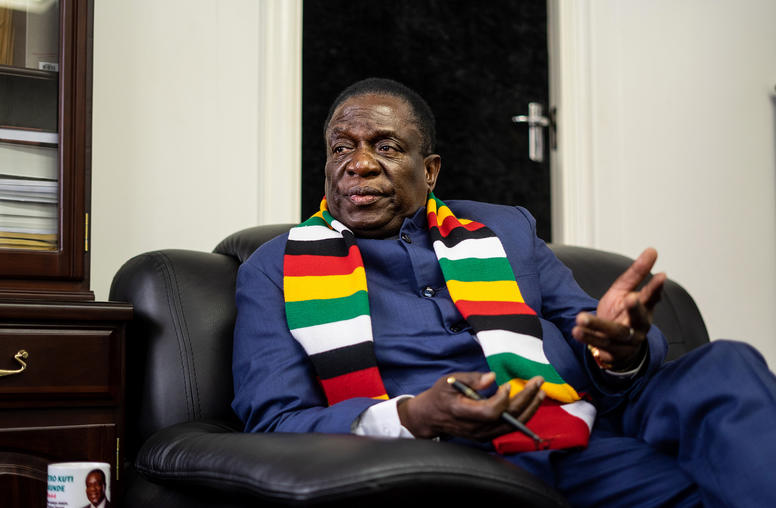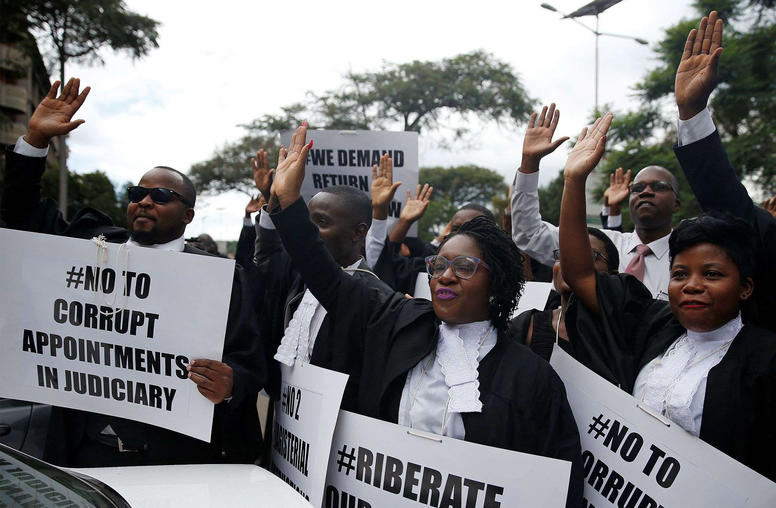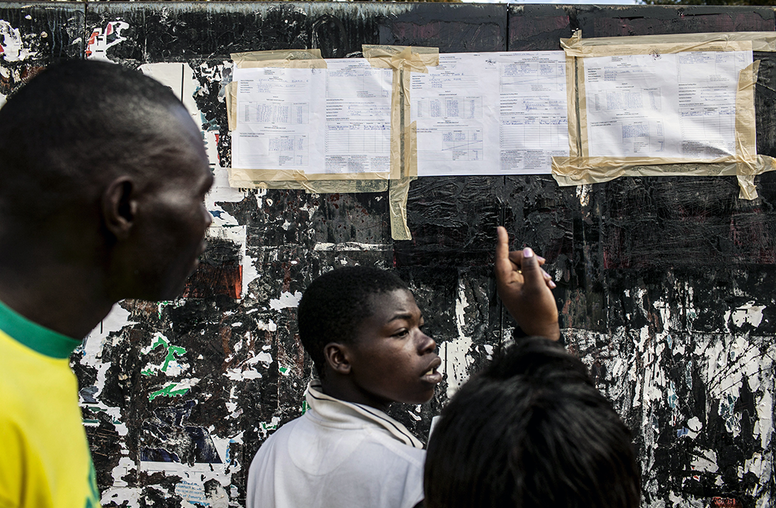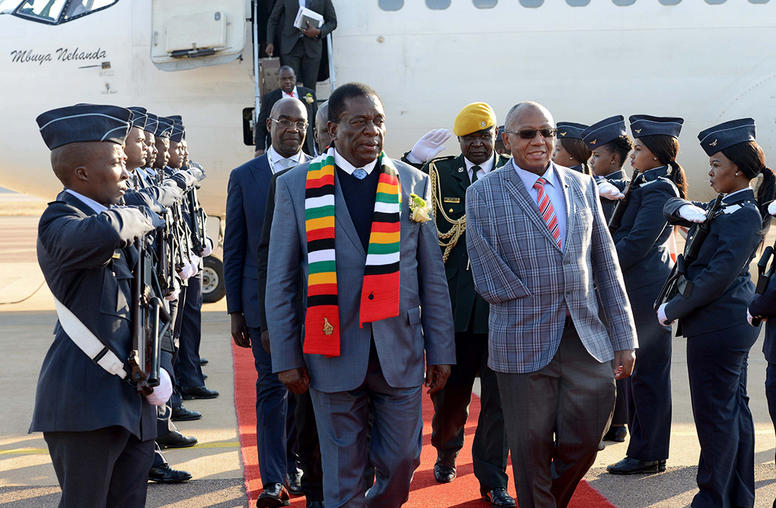Beatrice Mtetwa and the Rule of Law in Zimbabwe
Following last month's referendum on Zimbabwe's draft constitution and with elections expected later this year, USIP is proud to host a film screening of "Beatrice Mtetwa and the Rule of Law."
Read the event coverage, At USIP, Zimbabwe’s Beatrice Mtetwa Describes Repression, Legal Challenges
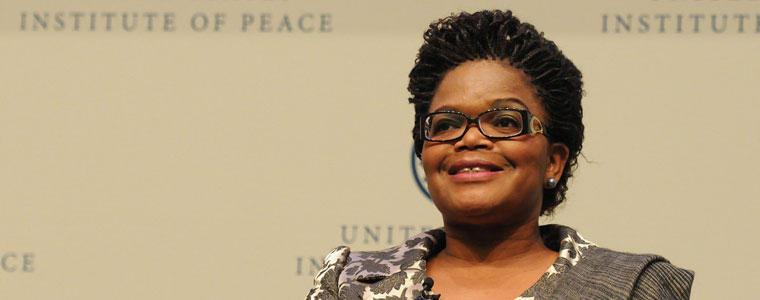
Following the March 2013 referendum on Zimbabwe's draft constitution and with elections expected later in 2013, USIP was proud to host a film screening of "Beatrice Mtetwa and the Rule of Law." This film, which was funded by USIP, depicts the work of Beatrice Mtetwa, a courageous human rights lawyer in Zimbabwe, who has defended peace activists, journalists, opposition candidates, farmers, and ordinary citizens jailed by the Mugabe government. The film screening was followed by a panel discussion on the challenges and opportunities for rule of law in Zimbabwe.
Panelists:
- Beatrice Mtetwa
Human Rights Lawyer - Lorie Conway
Filmmaker - Alejandro Ponce
Chief Research Officer, World Justice Project - Jeffrey Smith
Advocacy Officer, Robert F. Kennedy Center for Justice and Human Rights - David Smock, Moderator
Senior Vice President, U.S. Institute of Peace
